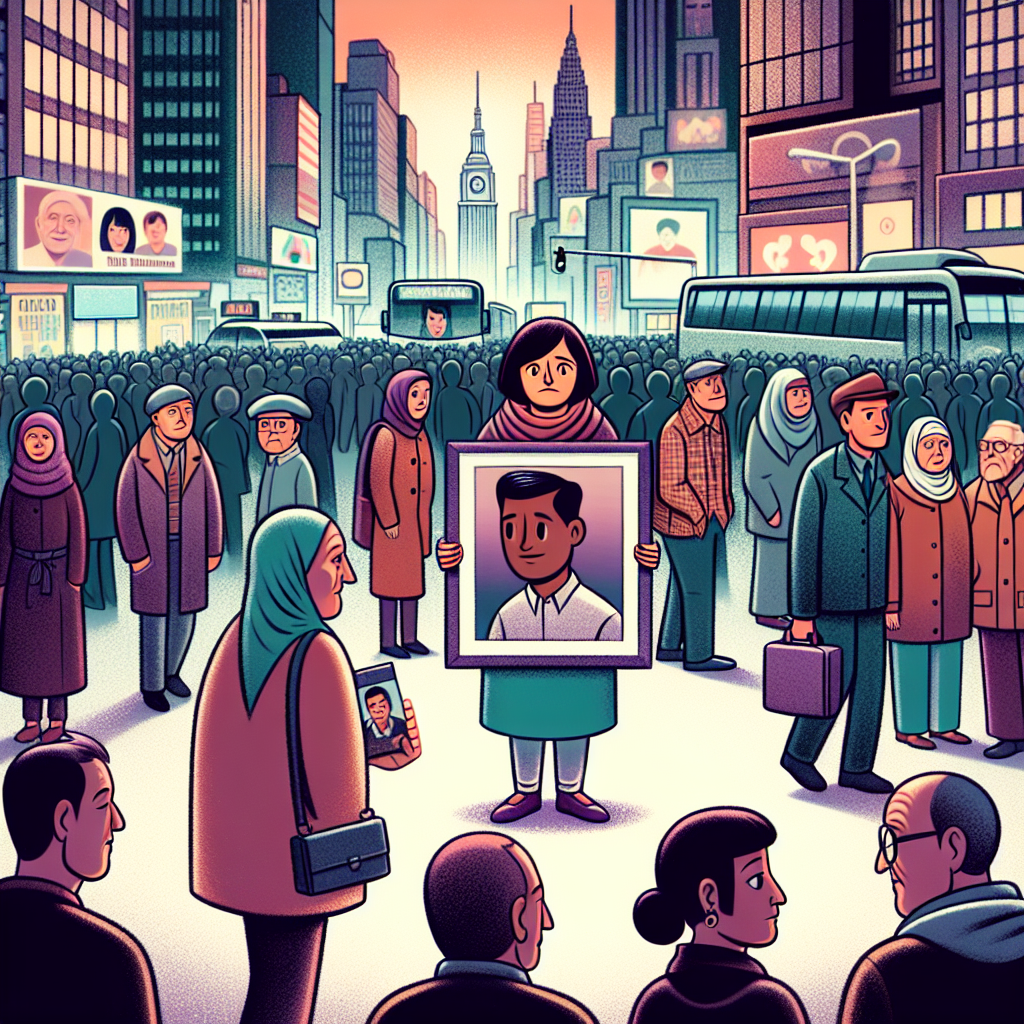UN Experts Urge Tanzania to End Enforced Disappearances Before Election
The UN experts expressed deep alarm over what they describe as a "pattern of repression" designed to stifle dissent and restrict press freedom during a politically sensitive time.

UN human rights experts have issued a stern call to the Government of the United Republic of Tanzania, demanding an immediate halt to the use of enforced disappearances, torture, and other human rights violations against political opponents, journalists, and human rights defenders. The warning comes amid growing concerns of a systematic crackdown ahead of Tanzania’s general election scheduled for October 2025.
Pattern of Repression Alarms Human Rights Community
The UN experts expressed deep alarm over what they describe as a "pattern of repression" designed to stifle dissent and restrict press freedom during a politically sensitive time. The alleged use of enforced disappearances as a tool of electoral intimidation has been escalating, especially in regions where political opposition remains strong.
“Curtailing press and media freedom, and intimidating journalists and human rights defenders, is unacceptable,” the experts said in a joint statement. “We are alarmed by reports of a pattern of repression in the lead-up to Tanzania’s general election in October.”
Disappearance and Torture of International Observers
The urgent appeal follows the disappearance and mistreatment of two prominent journalists and human rights defenders, Boniface Mwangi from Kenya and Agather Atuhaire from Uganda, while they were in Dar es Salaam on 19 May 2025. The pair had traveled to observe the trial of opposition leader Tindu Lissu, who is facing controversial charges of treason and spreading false information.
Despite other foreign observers being denied entry, Mwangi and Atuhaire entered Tanzania and were detained by police under unclear circumstances. Their whereabouts remained unknown for several days—constituting a case of enforced disappearance under international law.
Mwangi was found on 22 May, dumped in Ukunda, Kenya, visibly injured and traumatized. Atuhaire was discovered the next day near the Tanzania-Uganda border, and according to credible reports, had been tortured and sexually assaulted during her illegal detention.
The UN experts emphasized that the sexual violence endured by Atuhaire underscores the gendered risks faced by women journalists and activists when they challenge authoritarian practices.
A Widening Crisis: Over 200 Cases Since 2019
According to the UN, over 200 cases of enforced disappearance have been documented in Tanzania since 2019. The victims are often youth leaders, opposition party members, and human rights defenders, many of whom are subjected to torture, sexual violence, and extrajudicial detention.
“The recent arbitrary arrest, torture, and enforced disappearance of Mwangi and Atuhaire seems to be a flagrant tactic to suppress dissent and circumvent due process laws,” the experts warned.
In politically tense areas, reports of harassment and arbitrary arrest have surged, with civil society groups raising alarms over the deteriorating space for free expression and political engagement.
International Law and Government Accountability
The experts reiterated that enforced disappearances violate multiple international treaties, including the International Convention for the Protection of All Persons from Enforced Disappearance, and the Convention Against Torture, to which Tanzania is a signatory.
They urged Tanzanian authorities to:
-
Immediately disclose the whereabouts of individuals detained under ambiguous circumstances.
-
Stop using enforced disappearance as a tactic of repression.
-
Investigate and prosecute perpetrators of torture, sexual violence, and arbitrary detention.
-
Provide justice and reparations, including gender-sensitive medical, psychological, and legal support to survivors.
“The Government must provide justice and reparations to the victims. This includes access to gender-sensitive medical, psychological, and legal support services for survivors of torture and sexual violence,” the statement said.
Rising Tensions Ahead of Elections
Tanzania’s upcoming general election is already shaping up to be contentious, with widespread fears that opposition parties will be blocked from fair participation through intimidation, legal harassment, and media censorship.
The trial of Tindu Lissu, a key opposition figure and former presidential candidate, is being closely monitored by regional and international observers. His prosecution for treason is widely viewed as politically motivated and emblematic of the shrinking democratic space in the country.
Despite international pressure, Tanzanian authorities have not issued public responses to the allegations raised by the UN experts. The experts have formally communicated their concerns to the Tanzanian government and are awaiting a reply.
A Call for Global Attention
As the world watches Tanzania’s political landscape unfold ahead of the 2025 election, the UN experts urge international bodies, development partners, and human rights organizations to increase scrutiny and press for accountability.
“There is an urgent need for international solidarity with Tanzanian civil society and independent media,” one UN official said. “Without that, we risk seeing more disappearances, more silencing, and further erosion of democratic norms.”
ALSO READ
Woman tortured by in-laws for money; husband and 5 others detained
Reddy Blasts 'Police Torture' Allegations Amid Political Tensions
Factory Owner Arrested for Alleged Teen Torture Over Mobile Theft
NHRC Takes Action Over Alleged Police Torture in Hyderabad
Teenage Worker Tortured in Factory Amid False Theft Accusation










